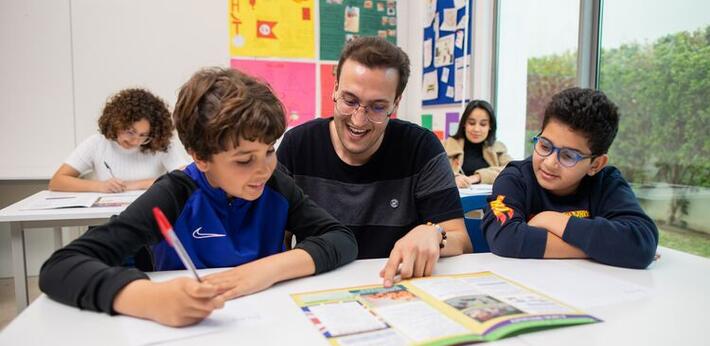You are here
Home ›13/08/2016
ICT education and digital learning gaining traction in Malaysian education system
Hoping to achieve its ambition of becoming a high-income, knowledge-based economy by 2020, Malaysia has launched yet another initiative which aims to create a nation of ‘digital makers’. The Prime Minister of Malaysia launched the My Digital Maker movement last week, which will see ICT subjects be included in the Malaysian school curriculum.
It was announced by the Malaysia Digital Economy Corporation (MDEC) last month that computer coding has been identified as a key subject and will be included in the national curriculum next year. Coding will not necessary be a standalone subject but will be included in the pedagogy of subjects such as Maths and Science.
It is expected that both the Ministry of Education (MOE) Malaysia and MDEC will be working closely in the development of the curriculum. Teachers are now in the process of undergoing training in computational thinking and computer science.
The My Digital Maker movement will be rolled out as a ‘public-private-academia initiative to transform Malaysian youth from digital users to producers in the digital economy’. MDEC is open to any private organisations which may be interested to partner with them in providing complementary learning opportunities through their hubs and centres.
UK institutions with expertise in computer sciences, basic coding, programming and other ICT related programmes which would like to consider becoming a partner may contact MDEC here.
Although this might not be a direct student recruitment opportunity in the short term, it is a great brand building and networking opportunity in the long term.
Commentary by Jennifer Wan, British Council Malaysia
The inclusion of ICT and ‘digital education’ in schools is not a new thing in Malaysia. One of the very first initiatives conceptualised back in 1997 by the Malaysian government was to launch the smart schools project. Its main aim was to deploy leading technologies to schools, reinvent the teaching and learning practices and ultimately prepare students for the new information age.
By 2014, another new initiative (the 1BestariNet project) was developed and the target was to equip 10,000 schools nationwide with high-speed internet connection, Chromebooks and a Virtual Learning Environment to enhance teaching and learning. This project, however, was a flop as implementation was fraught with internet connectivity and unprepared teachers.
This however, does not mean that the new My Digital Maker initiative is a bad idea. In fact, it is a good one, which, hopefully if run effectively, will produce the data scientists, coding specialists and programmers which the country will need in the coming years.






